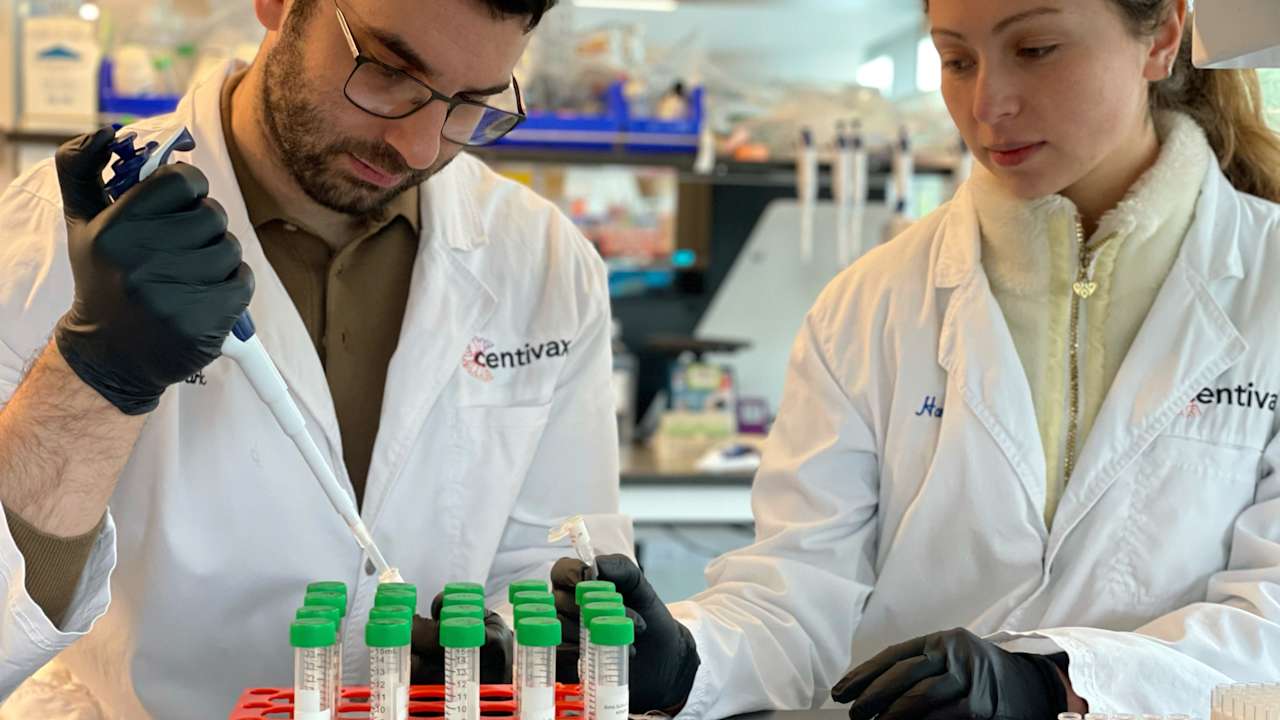A man in Wisconsin has helped create a groundbreaking snake antivenom after injecting himself with small doses of snake venom and allowing them to bite him.
Tom Friede slowly increased the amount of venom he was exposed to over a 18-year period to try to build up tolerance.
Now, after studying his blood, researchers have published details of an antivenom that can protect against bites from 19 species of poisonous snake based on antibodies in Friede’s blood and a venom-blocking drug.
Some experts say it could “revolutionise” the treatment of snakebites.
However, the antivenom was only tested in mice, and researchers are still years away from human trials.
“Tim, to my knowledge, he has an unparalleled history,” Immunologist Jacob Glanville said.
“It was different, very diverse species from every continent that has snakes, and … he kept rotating between (the snake venoms) over a 17-year, nine-month history, and he took meticulous records the entire time.”
“However, we strongly discourage anyone from trying to do what Tim did,” Glanville added. “Snake venom is dangerous.”

Glanville worked with researchers from Colombia University, who identified two antibodies from Friede’s blood that neutralise venom from many different snake species.
Peter Kwong, from Columbia University, said: “So in this study, what we’re really excited about are two things.
“First, we might have a working cocktail that could be developed in a few years, but also it shows what the human immune system can do.
“We have antibodies produced in a human that might save other humans moving forwards in terms of a universal antivenom.”
Friede said he has long had a fascination with reptiles and other venomous creatures, and began injecting himself with small doses of venom out of “simple curiosity” and in the hope of protecting himself.
However, he then realised that he could help other people.
“It’s nice to be part of something that changes medical history, herpetology, immunology, and science,” Friede said.
Friede gave up immunising himself with snake venom in 2018 after some close calls, and he is now employed by Glanville’s biotechnology company Centivax, Glanville said.
While their experimental treatment shows promise against the group of snakes that include mambas and cobras, it’s not effective against vipers, which include snakes like rattlers.
Steven Hall, a snakebite pharmacologist at Lancaster University, called it a “very clever and creative way” to develop an antivenom. Hall wasn’t involved in the research.
While the cocktail has not been tested in humans, should it be approved for clinical use, Hall said the human origin of the antibodies would likely mean fewer side effects than antivenoms made the traditional way using horses or other animals, which can often result in allergic reactions.

“It’s impressive for the fact that this is done with one or two antibodies, plus a small-molecule drug, and that increases the number of species, versus a regular antidote,” Hall added.
“And I think it does a good job of highlighting the potential utility of combining a small-molecule drug with an antibody.
“If it makes it into clinic, makes it into people in the long run, it would be revolutionary. It actually would completely change the field in terms of snakebite (treatment),” he said.
Around 110,000 people die from snakebite every year, according to the World Health Organisation.
Making antivenom is expensive and difficult, and it is often created by injecting large mammals like horses with venom and collecting the antibodies they produce.
These antivenoms are usually only effective against specific snake species, and can sometimes produce bad reactions due to their nonhuman origins.
Follow STV News on WhatsApp
Scan the QR code on your mobile device for all the latest news from around the country





























